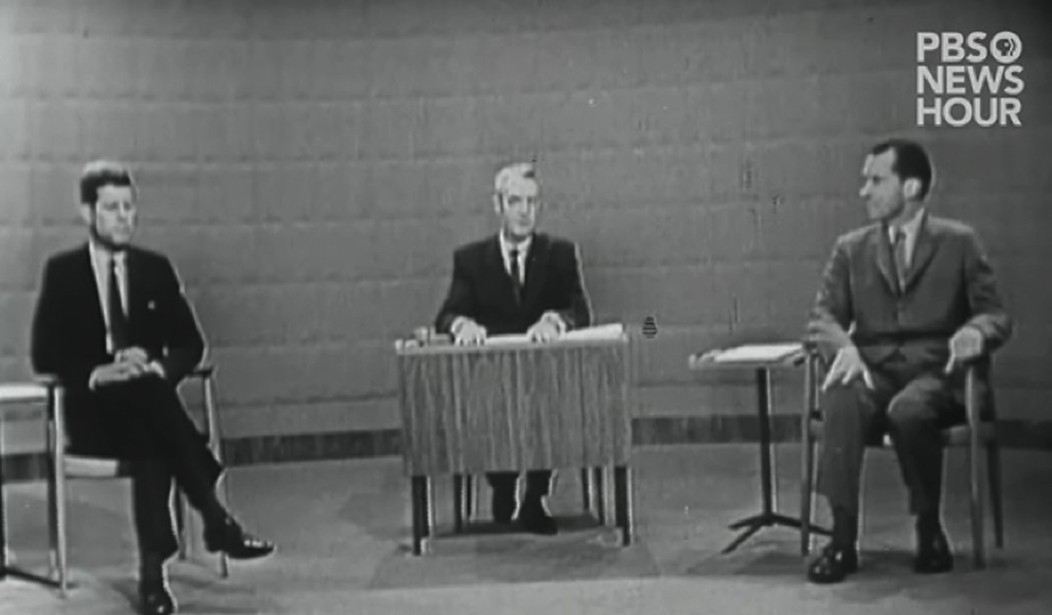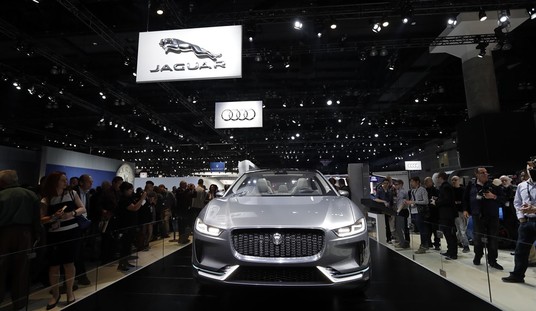Predictions are hard to make, especially about the future. If you had taken aside eighteen-year-old me in 1979 and told me the following:
“Listen, kid. When you are sixty, every American home will have at least one computer in it, and it will be connected to a global network that will allow you to socialize, pay your bills, play games, work, and find information on almost anything. The world will be at your fingertips. Oh, and you’ll be able to shop, too, and have your purchases delivered to your door – sometimes, depending on where you live, on the same day. But wait! There’s more! Everyone will also carry a small device on their person, which will not only allow you to make calls the way your home phone does but also to send messages by text and conduct all of the same things that a computer does. What's even more amazing is that a fair amount of the population will make their livings with this network, using these devices, without ever leaving their homes.”
I would have laughed in your face. But if you had also told me the following:
“Oh, and the country will have as president a senile incompetent, with a cackling imbecile as vice president. The federal government will be using the Constitution as toilet tissue, and there have been multiple rounds of riots and ‘occupations’ of portions of major cities and college campuses that could only be classed as insurrections. Oh, and most of our major cities have become crime-ridden hellholes that are effectively unlivable to civilized people.”
Well, that part wouldn’t have come as much of a surprise. 1979 was, after all, during the Carter years.
But the very idea brings up an interesting thought experiment - and a very real and troubling concern.
See Related: The Big Tech Revolution: History of Technology in Politics
Democrats Collude with Big Tech: History of Technology in Politics
Take a man from the year 1900, transport him through time, and place him in a regular, middle-class American home in 1960. He will be amazed - gobsmacked - at the technological progress made in those sixty years. At the time he left, there was no air-conditioning, and no refrigeration, and most homes outside the major cities had no electricity. Communications were by letter or telegraph. Automobiles were custom-built toys for the very rich, the fuel for which was generally purchased at a hardware store, there being no gasoline stations.
But now this man is standing in this modern home in the year 1960. There is a device on a table that allows one to pick up a handset, dial a number, and talk in real-time with someone hundreds or thousands of miles away for a nominal long-distance fee. There is another device in the kitchen, that looks like an icebox but requires no ice; it keeps cold things cold and frozen things frozen by itself, preserving food for days or weeks. There are not one but two modern automobiles parked in the garage, enclosed, comfortable, and heated, and fuel and maintenance facilities for those autos are everywhere. The house is heated not with coal or wood but with fuel oil or natural gas - and the more affluent may even have a device that cools the home on hot summer days. And overhead comes the roar of a jet-powered passenger aircraft, transporting a hundred or more people safely across the continent in a matter of hours.
Our time traveler will take months to adjust, and much of the time his jaw is going to be on the floor.
Now, take a man from the year 1960 and place him in a regular, middle-class American home in 2020. He will be bemused; probably the biggest difference will be that telephones are now small, hand-held devices people are carrying with them everywhere, which can not only enable him to speak with others but to look up information and find directions on how to get about, and there are computers in most houses, hooked up to that aforementioned global network. But the rest?
The refrigerator is shinier and has some new features, but it's still a refrigerator. Our time traveler looks at a 2020 year model auto and may be baffled at some of its accessories, but he would have no issue starting the vehicle up and driving it. The home's heating and air conditioning are no great mystery; he's seen the like in his own time. And that jet aircraft flying overhead doesn't differ much from one he may have looked up and seen in 1960. Oh, men have walked on the Moon - but that happened just a few times, and just a few years after our traveler was yanked out of his time and into ours, and has not happened again for decades.
This time traveler will need a few days or weeks to adjust, but on the whole, he'll have no real trouble adapting. The real trouble he will have is understanding how people rioting, burning, and looting in our major cities are getting away with it instead of being dispersed by force.
All this presents an interesting question: Is our society beginning to stagnate?
I'm hoping not. Oh, government, for all the bleatings of progressives and liberals, cannot and does not drive progress; we can look to people like Elon Musk for technological progress to further our modern, high-tech lifestyle - one that allows me to sit in a small office in rural Alaska and write words that are seen all over the country or even the world, within moments. But if it is, we are headed for difficult times, because even a cursory look at human history tells us that when a society ceases to grow, it starts to decline. As Oswald Spengler wrote in his seminal work "The Decline of the West:"
As a becoming always lies at the base of the become, and as the world picture representative of becoming is that which history gives us, therefore history is the original world form, and Nature - the fully elaborated world mechanism - is the late world form that only the men of a mature Culture can completely actualize.
America has been a nation that is always young, always growing, always in the process of re-inventing itself. But as the becoming always lies at the base of the become, our slowdown in technology and lifestyle brings concern to what is becoming, right now.
Predictions are hard to make, especially about the future. Maybe in 2080, one of my grandsons will tell one of his grandsons, "I can remember when traveling across the country meant going to an airport, waiting in line to get through security, and onto a crowded, uncomfortable airplane to spend hours flying across a continent. You kids don't know how good you have it, that you can just step into a wormhole portal in Denver and step out in Sydney instantly."
But the arc of our technological growth worries me, as does that inevitable arc of human history described by Spengler and others.
Plus ça change, plus c'est la même chose.















